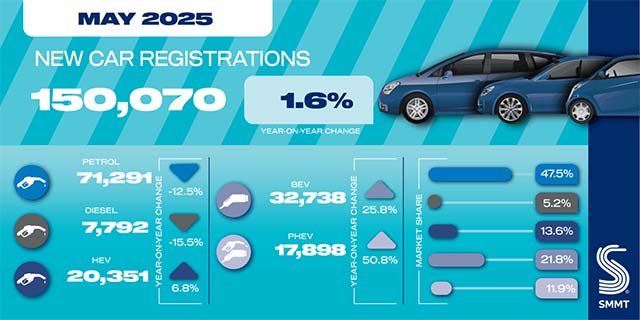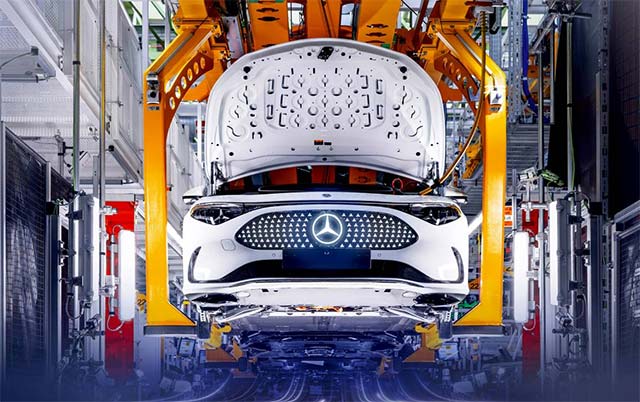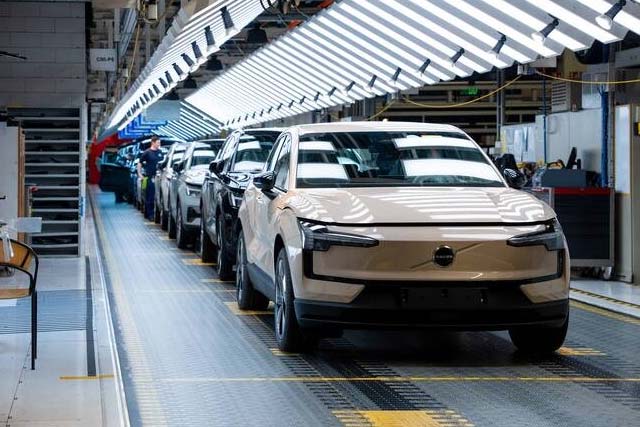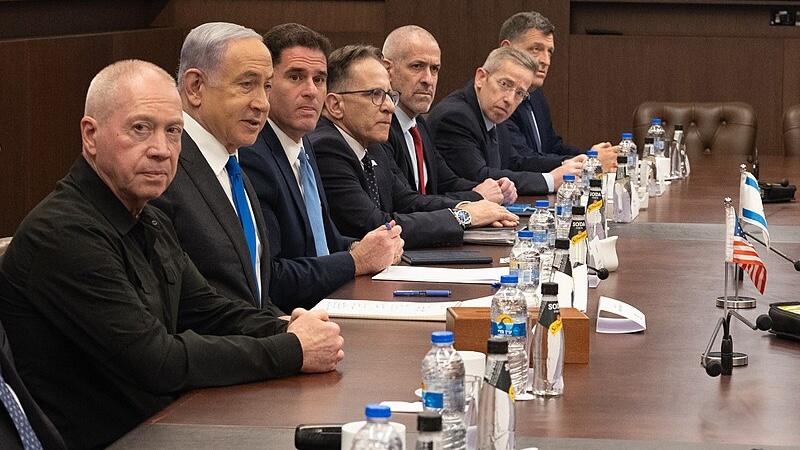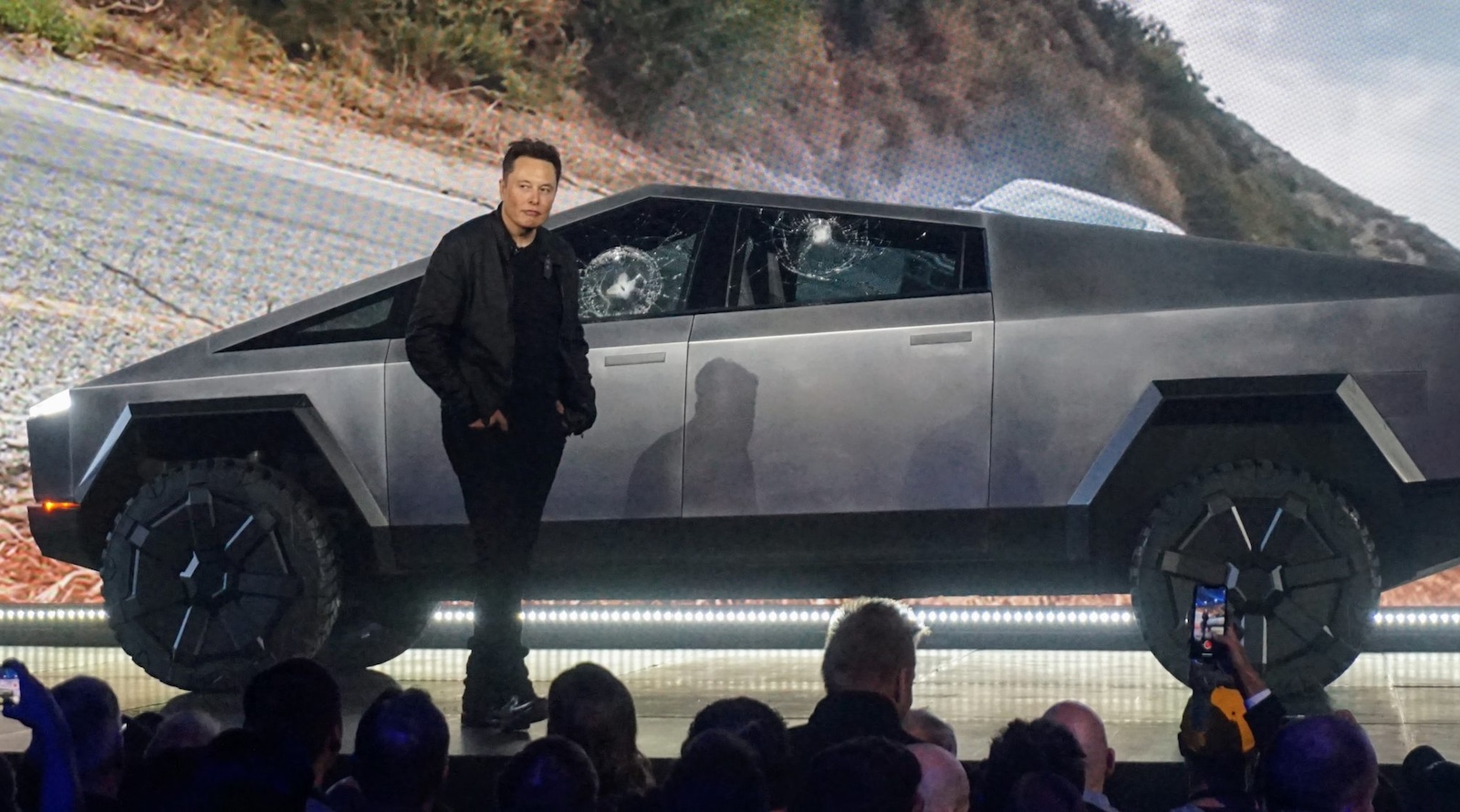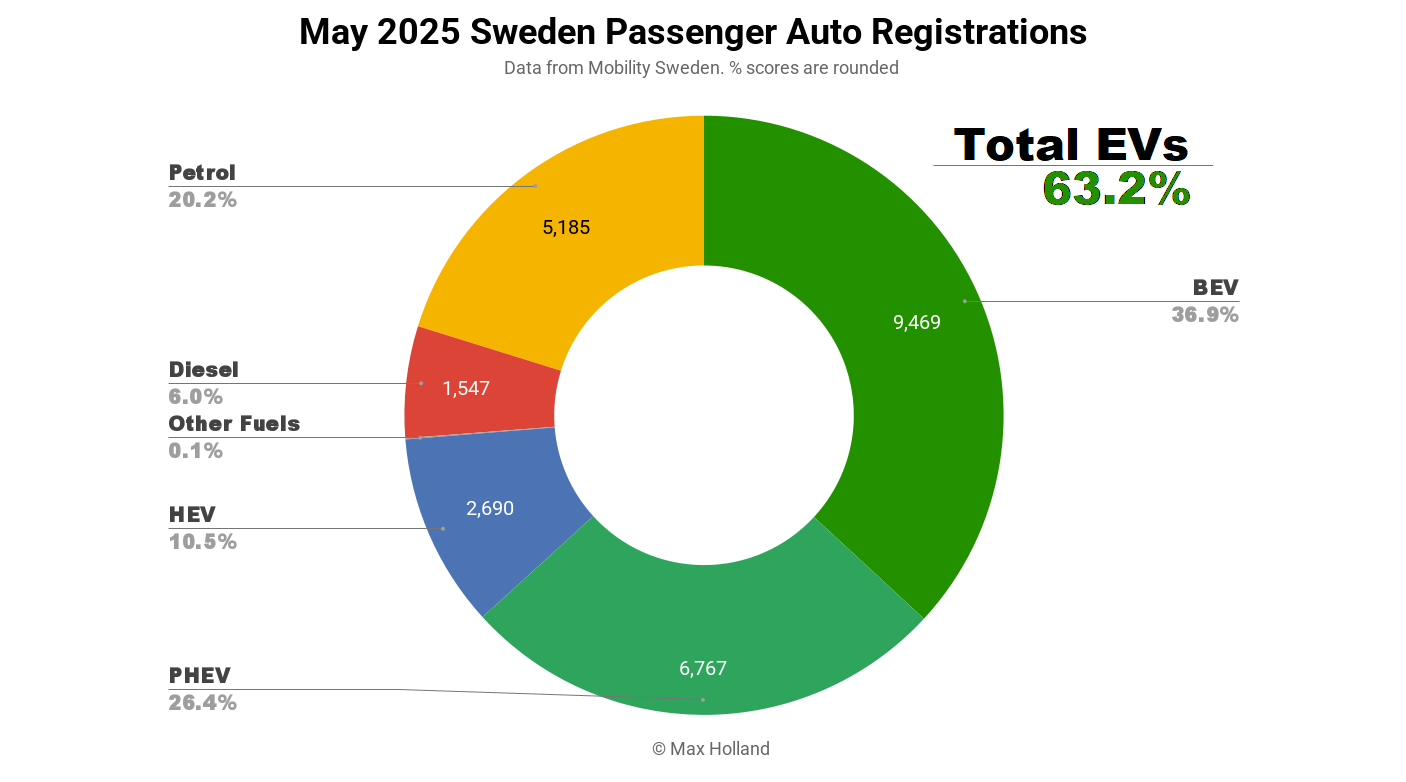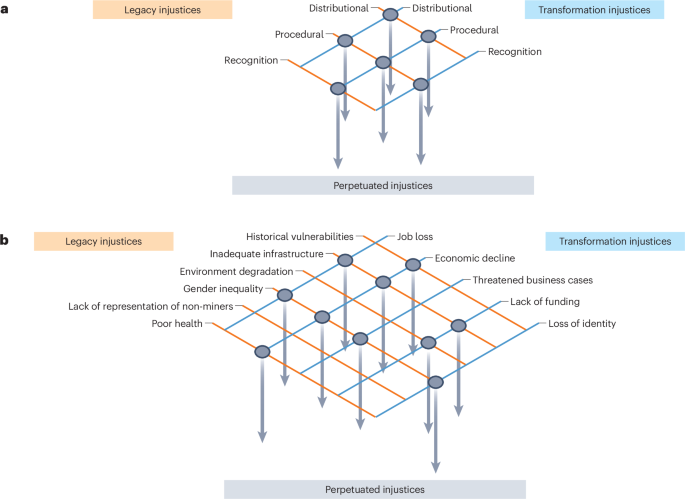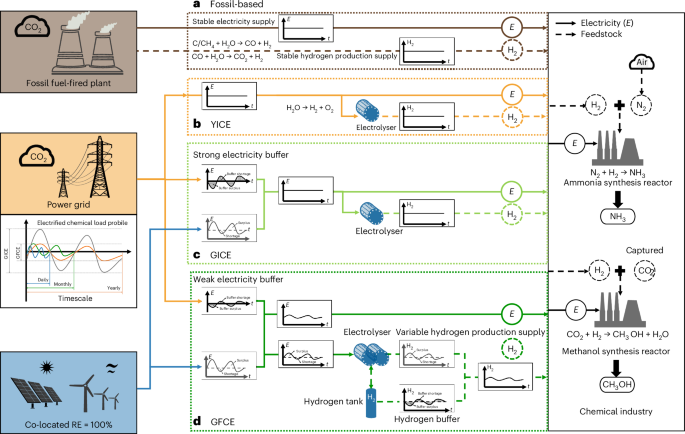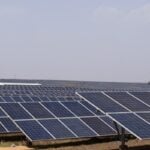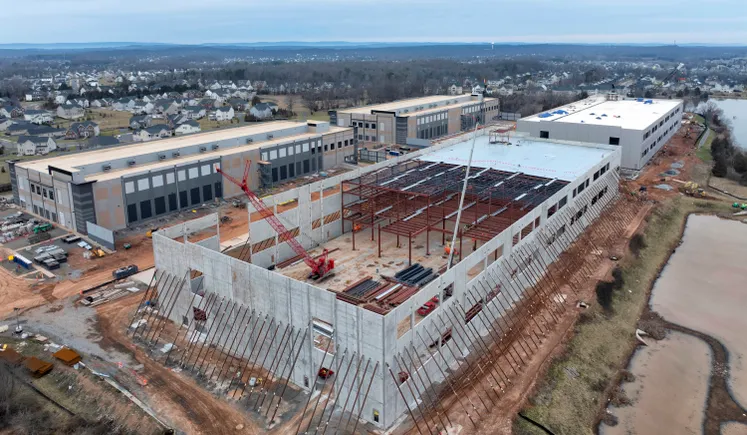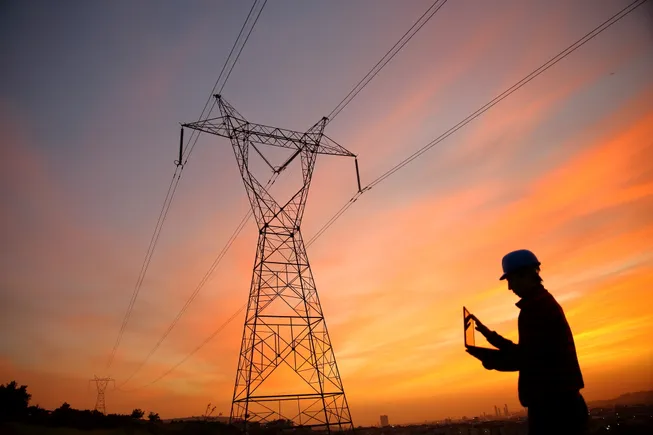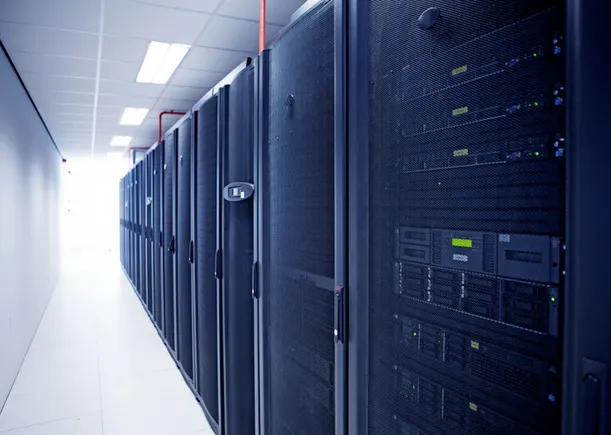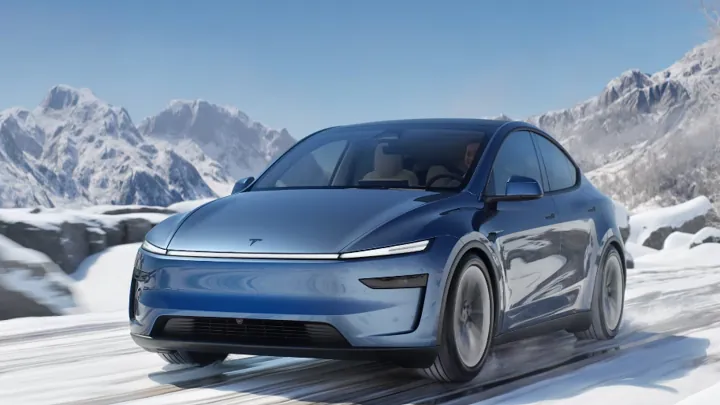Auto Industry Warns New Supply Shortage Could Impact Production and Jobs
The automotive industry appears to have come to the realization that China controls nearly every meaningful supply chain that pertains to building cars. Last week, automotive executives were specifically expressing concerns about a potential shortage of rare-earth magnets forcing production stoppages and factory closures. While that sounds like it’ll primarily be a problem for the drive motors all-electric vehicles, the issue is supposed to be all encompassing.


The automotive industry appears to have come to the realization that China controls nearly every meaningful supply chain that pertains to building cars. Last week, automotive executives were specifically expressing concerns about a potential shortage of rare-earth magnets forcing production stoppages and factory closures. While that sounds like it’ll primarily be a problem for the drive motors all-electric vehicles, the issue is supposed to be all encompassing.
China, which controls almost all of the world’s ability to process the magnets for manufacturing purposes, imposed new restrictions on how they are to be exported in April. Special export licenses must now be obtained in order for any rare-earth minerals or magnets to leave the country — which China now views as a national security issue.
According to Reuters, the world’s largest automotive manufacturing lobby and several other trade groups have contacted the Trump administration to warn that there could soon be supply shortages for all manner of essential components and most types of vehicle sensing equipment. All of which is supposed to stem from forthcoming magnet and rare-earth metal shortages.
"Without reliable access to these elements and magnets, automotive suppliers will be unable to produce critical automotive components, including automatic transmissions, throttle bodies, alternators, various motors, sensors, seat belts, speakers, lights, motors, power steering, and cameras," the Alliance for Automotive Innovation wrote the Trump administration.

The letter was likewise signed by the Motor and Equipment Manufacturers Association (MEMA), which represents suppliers. Penned on May 9th, the document has only just become public knowledge.
"In severe cases, this could include the need for reduced production volumes or even a shutdown of vehicle assembly lines," the industry groups noted in the letter.
From Reuters:
Both Alliance CEO John Bozzella and MEMA CEO Bill Long told Reuters on Friday the situation was not resolved and remained a concern. They expressed gratitude for the Trump administration's high-level engagement to prevent disruption to U.S. auto production and the supply chain.
Bozzella noted that the automotive issue was on the agenda during Treasury Secretary Scott Bessent and U.S. Trade Representative Jamieson Greer's talks with their Chinese counterparts in Geneva earlier this month.
Greer told CNBC on Friday that China had agreed to lift restrictions on the exports of rare-earth magnets to U.S. companies and was not moving fast enough to grant access for key U.S. industries. "We haven't seen the flow of some of those critical minerals as they were supposed to be doing."
However, claiming that manufacturers were blindsided about supply chain issues would be more than a little ridiculous. China’s relevance of procuring, and then refining, 90 percent of rare-earth minerals into usable automotive components hasn’t been a secret. Global automakers spent the last two decades intentionally making themselves dependent upon it for production.
At the same time, automakers the world over have done everything in their power to maintain record profits during several years of declining demand. The reasons for this are numerous and can be tied to everything from increasingly high vehicle prices, market saturation, tightening regulations, and consumers simply having less disposable income than before. Supply chain issues have also been blamed, which we saw taking place during the semiconductor shortage that took place during the pandemic. But vehicle sales had already declined and there is a sense that the industry continued to milk the shortage as a partial (albeit still legitimate) excuse for lessened production.

That’s not to suggest that supply chain shortages aren’t legitimate or relevant. They absolutely are. But they do appear to be highly publicized during a period where the industry is concerned about diminishing volumes and has arguably painted itself into a corner by building increasingly complex and expensive automobiles that require more difficult-to-source materials than ever before. With most automakers already signaling an assumed decline in sales over the next twelve months, coinciding with persistent layoffs and factory stalls, being able to laden some of the blame onto China could be helpful to avoid public criticism.
Conversely, China’s new permit process has been accused of being more difficult than necessary and decided by allegedly arbitrary means. President Trump has likewise bemoaned China for having “violated its agreement with the U.S.” in relation to trade. On Friday, he accused the country of going back on its word to deescalate trade tensions with the United States. China responded by claiming that it was actually the U.S. which was abusing export controls pertaining to semiconductors.
This all comes after the two nations agreed to a 90-day suspension on most tariffs imposed by either side in May. While tariffs may be taken off the menu, other trade restrictions have not. It would seem that China believes that the U.S. is trying to prevent it from acquiring semiconductor chips and has responded by putting a tighter hold on rare-earth minerals and magnets. In both cases, the respective nations hinted that the matter could be viewed as a matter of national security.
“Recently, China has repeatedly raised concerns with the U.S. regarding its abuse of export control measures in the semiconductor sector and other related practices,” China U.S. embassy spokesperson Liu Pengyu told NBC News last month.

[Images: John Gress Media Inc/Shutterstock; Daniel Jedzura/Shutterstock; Bilanol/Shutterstock]
Become a TTAC insider. Get the latest news, features, TTAC takes, and everything else that gets to the truth about cars first by subscribing to our newsletter.






















